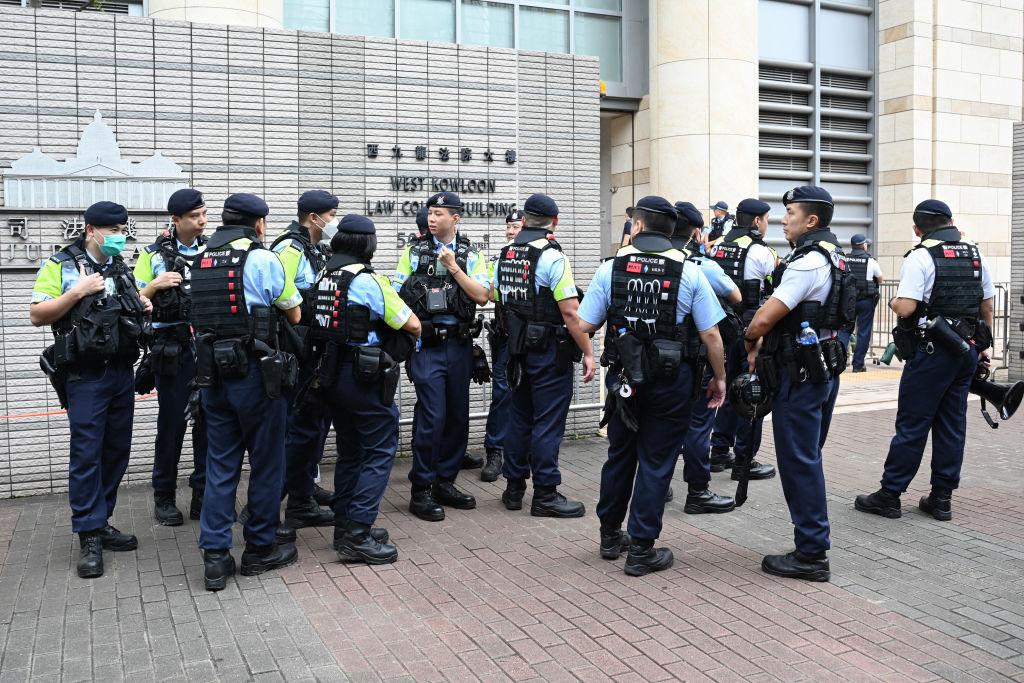A Hong Kong court has convicted 14 pro-democracy activists under the draconian National Security Law imposed by Beijing that has effectively silenced public dissent, leading Human Rights Watch to call for the verdicts of what it labels a “show trial” to be overturned.
All were charged with “conspiracy to commit subversion,” and included former elected politicians, protest leaders, labour organisers, and academics, ranging in age from 26 to 68. Many have been in pretrial detention since their arrests in January 2021.





